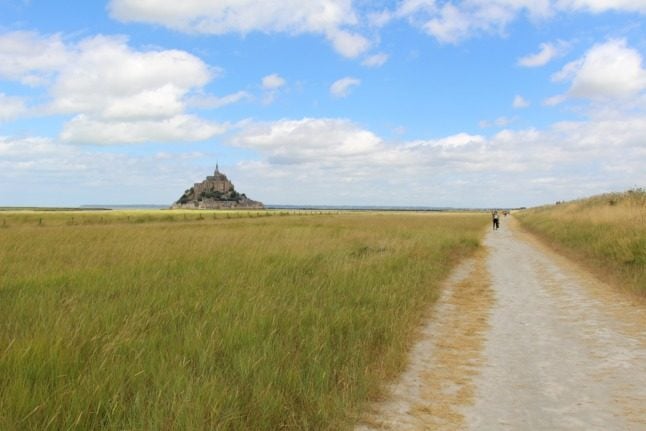Firstly you may think it’s pumpkin spice latte season – but the unwritten rules of coffee drinking in France rarely change, no matter the time of year.
French café culture is also rife with codes and codicils that can fool the unwary and earn them a Paddington Bear-level hard stare from a waiter.
For a start, there’s usually nothing approaching a US-style menu unless you’re in one of the ubiquitous big-city Starbucks. At most cafes you’re basically expected to know what you want when you order.
Then there are the rules.
READ MORE: How to drink your coffee the French way
Buying property is never simple – but add in another language and a totally different purchase system and the French property market can be a stressful place.
We’ve put together a helpful list of tips from people who’ve done it.
For example make sure you take a look around in winter; everyone knows France is a beautiful country and unsurprisingly that’s particularly true in summer, but what about winter?
For those who live in France, accessing healthcare is pretty simple through the Assurance maladie system – click here for more.
But second-home owners are not counted as residents, so they have different rules on getting healthcare if needed.
READ MORE: How second-home owners in France can access healthcare
And continuing on the subject of second homes, the French government has announced a new online process for regular visitors in France to get a carte de séjour.
As part of the French government’s ongoing process of moving more official processes online, a visitor’s card can now be applied for via an online portal.
READ MORE: Can second-home owners in France get a carte de séjour?
You can see all our articles related to second-homes in France by clicking HERE.
First-time buyers in France are now able to apply for a €10,000 grant to help towards the costs of buying a house. But don’t waste time, because a limited number of grants are available.
READ MORE: France offers €10k grants to help people buy property
Finally it seems to come around earlier every year. We’re not talking about Christmas, but about raclette season.
The beginning of November? The official start of winter? Whoever you speak to in France will have their own firmly-held beliefs about when it’s acceptable to tuck into your first raclette of the season.
It’s not even mid-October but is it really too early to start enjoying this French culinary tradition?
READ MORE: Why France’s raclette cheese season is starting early



 Please whitelist us to continue reading.
Please whitelist us to continue reading.
Member comments